Individuals & Events
Of course, individuals and events permeate history. However, the Key Stage 1 units of study particularly require the study of significant individuals and events. What makes an individual significant? What might be considered a significant event? The emphasis is upon a comparison of individuals and events that can be used to make links across time, themes and geographical space. In this section you will find resources and articles to help you to plan innovative units of work based around individuals and events that can either be used to reveal a local, national and international picture, or that can be used to illustrate themes over time or geographical space.
Sort by:
Date (Newest first) | Title A-Z
Show:
All |
Articles |
Podcasts |
Multipage Articles
-

Belmont’s evacuee children: a local history project
ArticleClick to view -

Take one day: undertaking an in-depth local enquiry
ArticleClick to view -

One of my favourite history places: Eyam
ArticleClick to view -
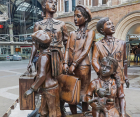
Scheme of work: Journeys - the story of migration to Britain
ArticleClick to view -
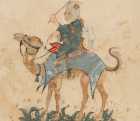
Scheme of Work: Significant Individuals at Key Stage 1: Ibn Battuta
ArticleClick to view -
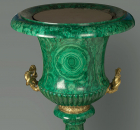
The back cover image: Malachite Urn
ArticleClick to view -

Anniversaries: The Coventry Blitz and the Grave of the Unknown Soldier
ArticleClick to view -

One of my favourite history places: Studland Village
ArticleClick to view -
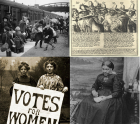
Storytelling the past
ArticleClick to view -

Local significant individuals
Multipage ArticleClick to view -

Using different sources to bring a topic to life: The Rebecca Riots
ArticleClick to view -

One of my favourite history places: Conwy
ArticleClick to view -

Teaching about the Kindertransport without the Kinder
ArticleClick to view -

Happy 200th birthday Florence Nightingale!
ArticleClick to view -
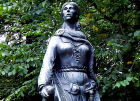
Scheme of Work: Grace O'Malley
ArticleClick to view -
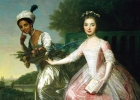
Teaching sensitive subjects: slavery and Britain’s role in the trade
ArticleClick to view -

The history of medicine – warts and all – for Key Stage 2
ArticleClick to view -

Up Pompeii: studying a significant event at Key Stage 1
ArticleClick to view -

Three first-class ladies – teaching significant individuals in Key Stage 1
ArticleClick to view -

Pull-out Posters: Primary History 81
ArticleClick to view

